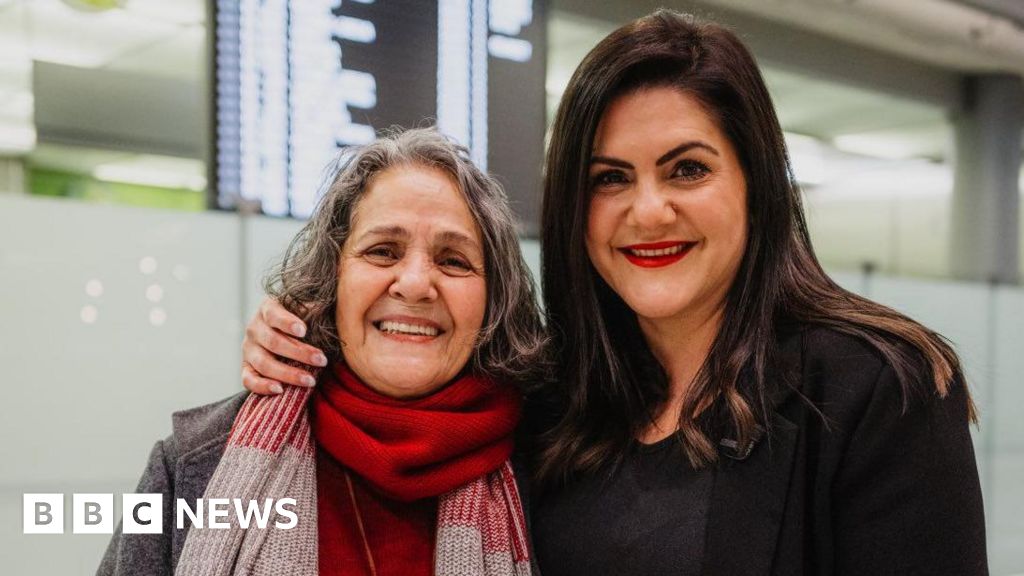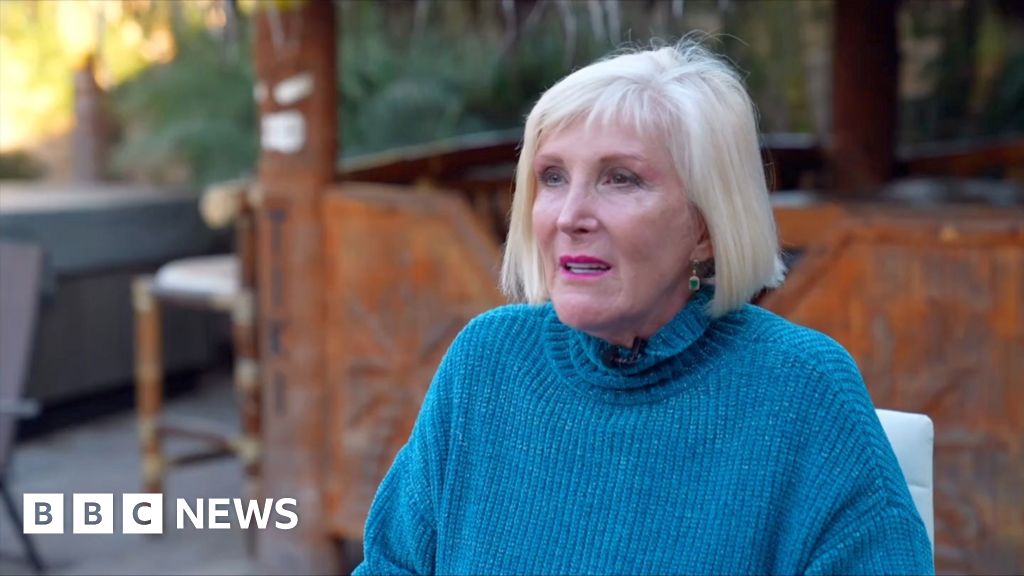ARTICLE AD BOX
image source, Getty Images
In our series of letters from African journalists, Kenyan broadcaster Waihiga Mwaura considers the rollout of a new school curriculum which is proving more of a challenge for parents than their children.
Unhappy Kenyan parents have been taking to social media to highlight challenges that they are facing as they assist their children with their homework.
With the rollout of the Competency Based Curriculum (CBC) hitting children aged 10 and 11, some say they have found themselves forced to learn how to make scarecrows and fashion clocks and even wheelbarrows out of cardboard.
Some of the complaints, using the hashtag #CBCMustFall, have been tongue-in-cheek, with amusing tweets with photos showing their questionable workmanship.
"It is a curriculum where teachers give assignments to the parents, the children are just co-ordinators. We are suffering," one man tweeted.
But others make more serious points that some parents have neither the time to spend at the end of a long day to help with homework, nor the money to buy the material needed - especially as everyone is struggling in these days of rising prices.
Homework can include sending in video clips of your child performing - and for some assignments you need a printer.
image source, Getty Images
image captionSchools in rural areas sometimes lack basic facilities for pupilsThis seems to forget pupils who live in poorer areas, who face long journeys to and from schools which often lack basic infrastructure and have no internet access, and whose parents cannot afford phone data.
"In a country whose citizens are facing starvation due to drought, we are here drawing stuff on potatoes," a man in Mombasa complained about a potato-printing assignment.
So fears are growing that it could widen the gap between rich and poor.
There is also some anger that ministers, whose children often go to private schools and are not affected by the new curriculum, don't understand the challenges.
Exam cheating
To give you some context as to why reforms have been introduced, one has to go back to the origins of the curriculum that is being phased out, which was known as the 8-4-4 system.
This refers to eight years of primary school, four years of secondary school and four years of university education.
image source, AFP
image captionUnder the new system, pupils will no longer have to sit the Kenya Certificate of Primary Education (KCPE) exams before going to senior schoolIt was introduced in the 1980s with the intention of making education more open to vocational training and improving the development of "self-expression, self-discipline and independence".
But education experts say in reality it was hampered by teachers who lacked the correct training.
It was also criticised for being heavily exam-oriented with students conditioned to believe that you learn in order to pass exams rather than gaining skills and knowledge that are put into practice in real life.
It is with these shortcomings in mind that the CBC was unveiled in 2017, touted as a practical and workable education system that focused on nurturing students at an early stage.
The idea is to roll it out in phases: it started with the pre-school years and is to be in place across the board by 2023 - though because of the pandemic this date is likely to slip.
The proponents of CBC point to the success of this education system in countries such as Australia and Finland.
They argue that as there will be continuous assessment it will curtail exam cheating, which has been a massive challenge for the government, and will provide employers with graduates who are able to reason beyond the next exam.
'Expensive experiment'
They emphasise that parental involvement has a positive impact on a child's academic success.
Waihiga Mwaura
One father told me he now knows more about the strengths and weaknesses of his children"
And some pupils under the new system do seem more keen to share with their parents what they have learnt at school.
One father also told me he now knows more about the strengths and weaknesses of his children; previously all he remembered was signing their diary to confirm that they had done their homework.
But the howls over scarecrows have been heard - and Nelson Havi, president of the Law Society of Kenya, has filed a petition to challenge the reforms in court.
"The education system in Kenya should not be an expensive, inefficient and ineffective experiment with our children and their future," he said.
The Ministry of Education, however, is sticking to its guns.
Education Minister George Magoha said those seeking to stop the rollout were "day-dreaming" as the train had already left the station.
Proponents of the system are calling for patience, saying CBC will lead to a better crop of students ready to face the challenges of the 21st Century.
It may take a few decades to know which system has produced the best graduates, but as Albert Einstein once said: "Education is what remains after one has forgotten what one has learned in school."
More Letters from Africa:
Follow us on Twitter @BBCAfrica, on Facebook at BBC Africa or on Instagram at bbcafrica

 3 years ago
34
3 years ago
34








 English (US) ·
English (US) ·